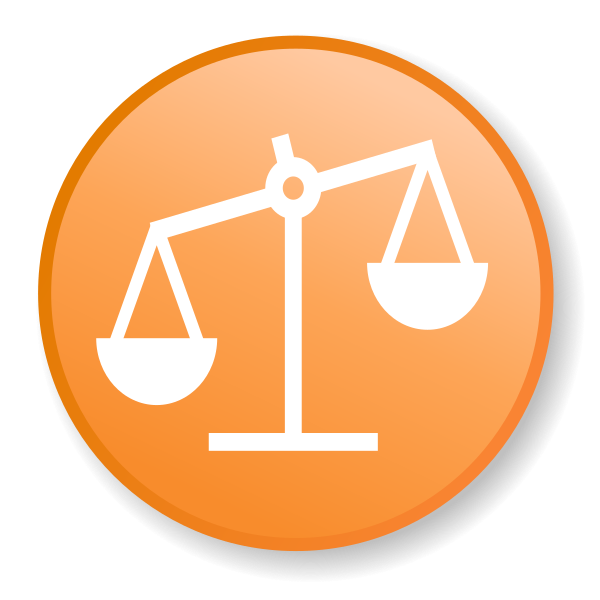So get your iambic pentameter on, and be ready to scan some poetry on Tuesday!
To recap today's lecture:
-Discovered the plot of the Aeneid.
-Background for why Virgil was writing.
-Background for why Dryden was translating
-Dryden's poetic form, iambic pentameter, and strong word choice.
By the way, you can take a lesson from Dryden's skill in choosing clear, forceful words as you write your stories! Just ask yourself, "What would Dryden do?" :D
Looking forward to reading your final creative projects! See you on Tuesday!



